The Ministry of Education and Training believes that in the new context, artificial intelligence education plays a key role in helping students develop their ability to receive, expand knowledge and be creative in the digital world.
Artificial intelligence education helps students adapt and integrate into modern society, form and develop AI capacity to apply in study and work, contributing to the development in the country's rising era.
The Ministry issued a plan and draft to solicit opinions on guidelines for piloting the implementation of artificial intelligence (AI) education content in general education, including building an AI education content framework for students developed based on four main knowledge streams, corresponding to four complementary competency domains, including: human-centered thinking, AI ethics, AI techniques and applications, and AI system design.

"Designing an AI education content framework according to the main knowledge streams, in addition to knowledge about AI, also helps students clearly understand the boundary between using technology and social responsibility, ensuring AI serves human life safely and humanely," according to the Ministry of Education and Training.
Educational content by grade level
The content framework is designed to correspond to two educational stages: Basic education stage (including primary and secondary school levels) and career orientation education stage (high school level). The content framework is designed consistently, clearly differentiated according to the psychology of each age group.
At primary school level, students recognize AI through visual applications (image and voice recognition), understand that AI is created by humans, and initially form awareness of protecting personal data.
At the secondary level, students understand the operating principles (data, algorithms), practice using AI tools to solve learning problems and identify the risks and biases of AI.
High School Level (Creation and Career Orientation): Students design simple AI systems, develop complex problem-solving thinking, and orient themselves toward careers in technology.
According to the draft guidelines, the Ministry requires that the implementation of AI education content in general education must ensure consistency in guidance nationwide, while promoting proactiveness, flexibility, and suitability to the conditions of localities and educational institutions in the implementation. The implementation must not change or overload the Program.
AI educational content and activities must be designed to suit the age psychology, needs and technology accessibility of students at each level and class.
The Ministry of Education and Training builds a roadmap to ensure feasibility and effectiveness.
Specifically: June - September 2025, research theoretical and practical bases; develop a draft AI education content framework with the participation of experts and consultation with international experts and organizations.
October - November 2025: Establish an Evaluation Council; organize workshops to seek opinions from Departments, experts, scientists , educational institutions and relevant organizations and individuals.
December 2025 - May 2026: pilot implementation at a number of selected educational institutions and regular evaluation. June 2026: summarize and evaluate pilot results, complete the AI Content Framework to propose widespread implementation in the following school years.
Source: https://baolaocai.vn/thi-diem-ung-dung-ai-tu-bac-tieu-hoc-truoc-khi-nhan-rong-post887433.html





![[Photo] Prime Minister concludes trip to attend G20 Summit in South Africa](/_next/image?url=https%3A%2F%2Fvphoto.vietnam.vn%2Fthumb%2F1200x675%2Fvietnam%2Fresource%2FIMAGE%2F2025%2F11%2F24%2F1763944494358_vna-potal-thu-tuong-ket-thuc-chuyen-tham-du-hoi-nghi-thuong-dinh-g20-tai-nam-phi-8428321-4810-jpg.webp&w=3840&q=75)


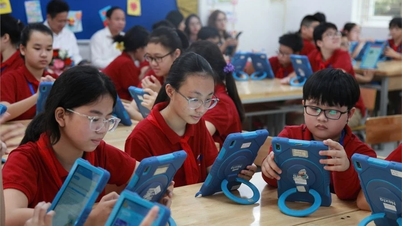

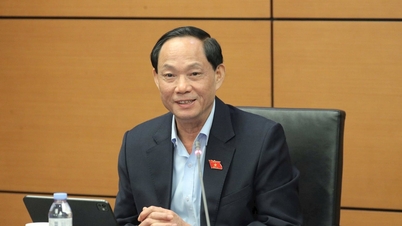

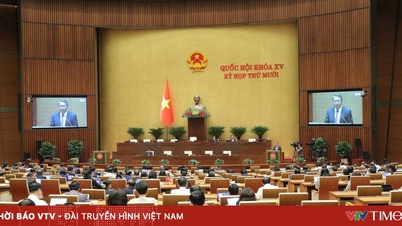



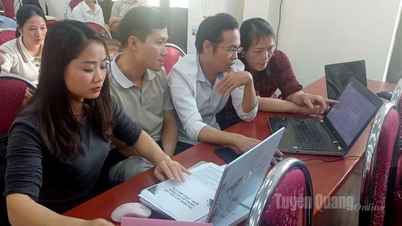

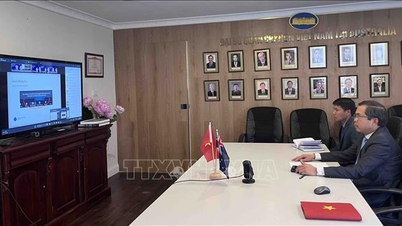








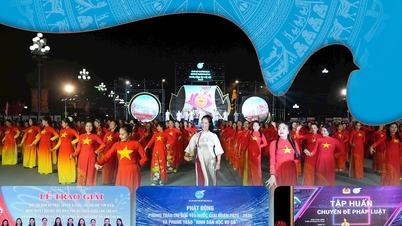

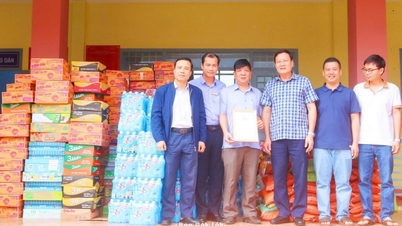






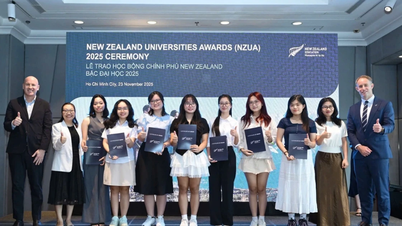

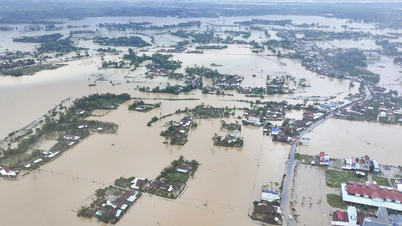


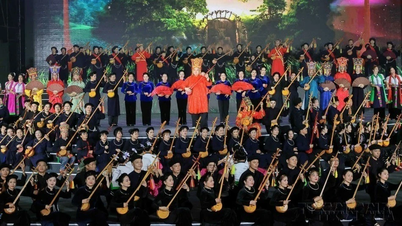





















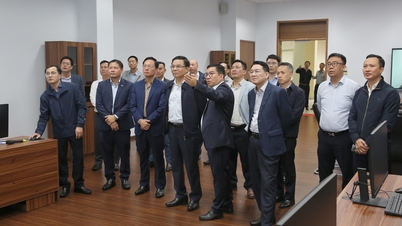




















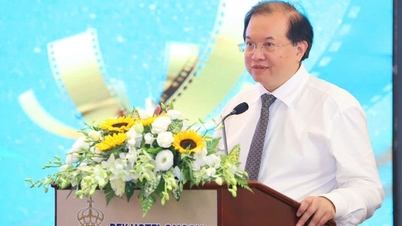
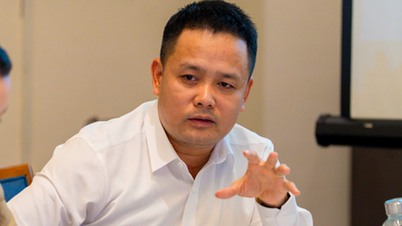
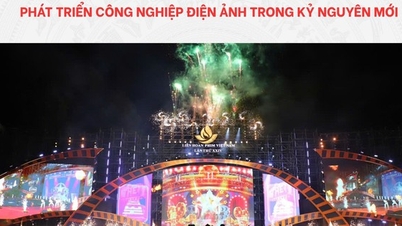




















Comment (0)